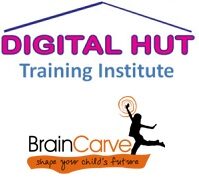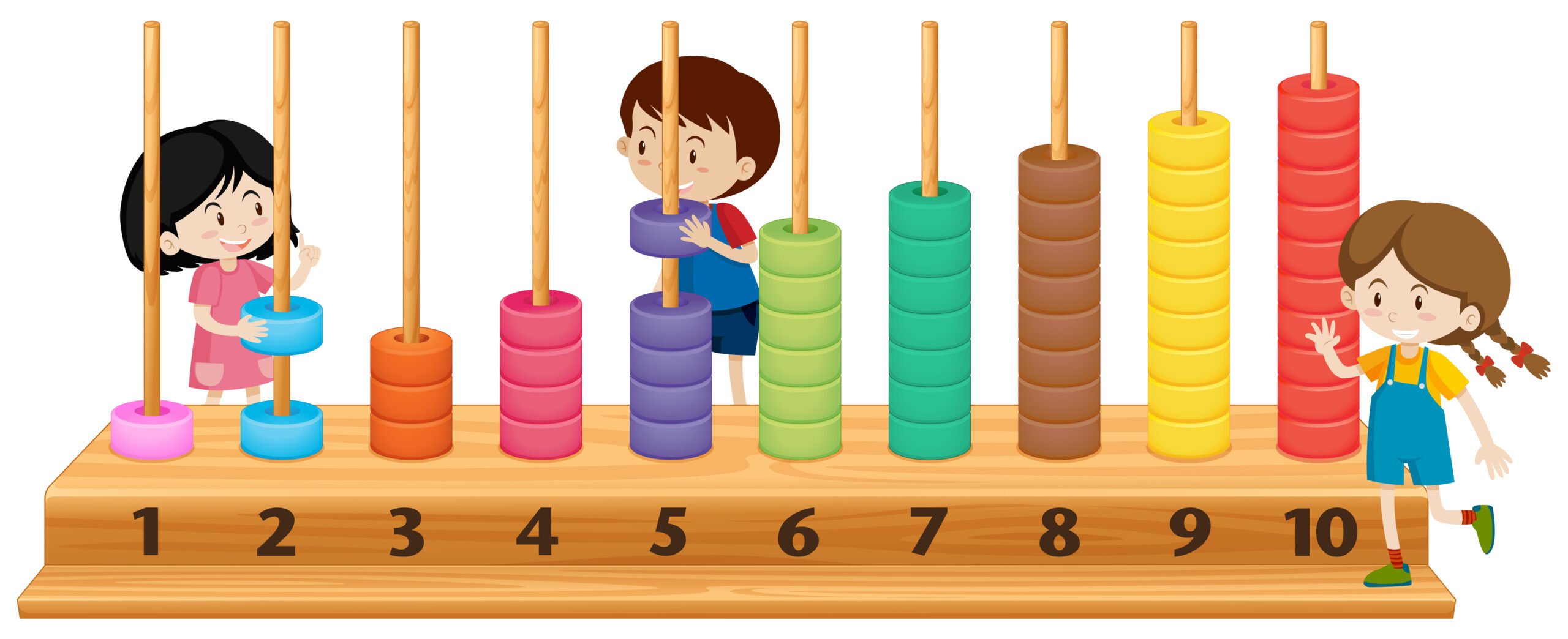Training for abacus, Vedic maths, magic fingers, memory techniques, thinking techniques, and child personality development can be valuable for children’s cognitive and personal development. Here’s an overview of each of these areas and how you can approach them:
- Abacus Training:
Abacus training is a mental math technique that helps improve mathematical skills, concentration, and memory.
- Look for local abacus training centres or online courses that offer structured programs for children.
- Consistent practice is essential, as it helps children visualize and calculate math problems more effectively.
- Vedic Maths:
- Vedic mathematics is a system of ancient Indian mathematical techniques that can make mathematical calculations faster and more efficient.
- You can find Vedic math books and online courses that provide step-by-step guidance for learning and practicing these techniques.
- Magic Fingers:
- Magic fingers may refer to fine motor skill development. Activities like drawing, colouring, and using manipulative toys can enhance a child’s fine motor skills.
- Encourage creativity and dexterity through various arts and crafts activities.
- Memory Techniques:
- Memory techniques include mnemonic devices, visualization, and memorization exercises.
- Teach children memory techniques to improve their recall abilities. Games like memory matching and flashcards can be helpful.
- Thinking Techniques:
- Critical thinking, problem-solving, and logical reasoning are essential thinking skills.
- Encourage children to ask questions, explore different perspectives, and solve puzzles or brain teasers.
- Child Personality Development:
- Fostering a child’s personality development involves a holistic approach.
- Focus on building their self-esteem, communication skills, emotional intelligence, and social skills.
- Encourage them to engage in various activities, pursue their interests, and interact with a diverse group of people.
- Win in 60 Seconds:
- “Win in 60 Seconds” seems to be a concept that emphasizes quick decision-making and efficiency.
- You can teach children time management, prioritization, and goal-setting to help them make effective decisions in a limited time frame.
When considering these training programs, it’s essential to strike a balance between structured learning and allowing children to explore their interests and creativity. Moreover, the key to success is consistent practice and a supportive environment that nurtures their development. Always choose age-appropriate materials and techniques, and tailor the approach to the individual needs and interests of the child.

